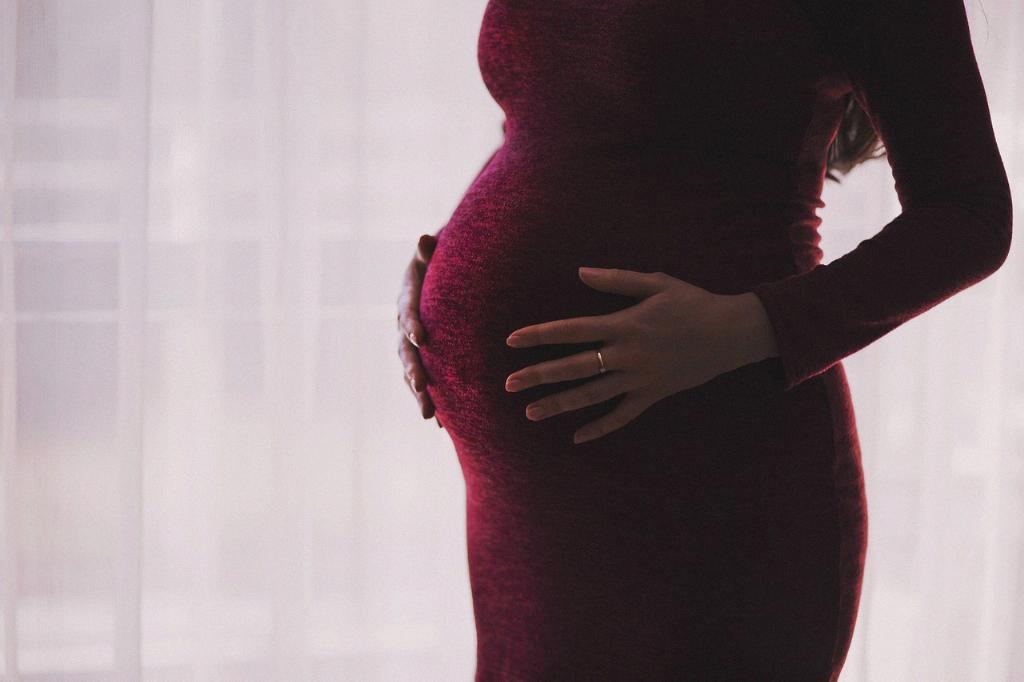During the 7th month of pregnancy, it’s common to experience a mixture of emotions and physical changes that may leave you feeling both excited and overwhelmed. As your baby continues to grow rapidly, you may notice a shift in your overall well-being and comfort level.
Physical Discomforts
At 7 months pregnant, physical discomforts may become more pronounced. You might be feeling the strain of your growing abdomen, leading to increased pressure on your back. This can result in lower back pain and discomfort, making everyday activities more challenging.
Sciatic Nerve Pressure
One common issue that contributes to back discomfort during the 7th month is pressure on the sciatic nerve. This can lead to sharp or shooting pains that radiate from your lower back down to your legs, causing discomfort and difficulty in moving around.
Hip Pain
Another area that may be affected during this time is your hips. The pressure from your expanding uterus can put strain on your hips, leading to aches and pains. Simple tasks like standing up or walking for extended periods may become more challenging.
Increased Fatigue
As your pregnancy progresses, you may find yourself feeling more fatigued than usual. The physical demands of carrying a growing baby, combined with hormonal changes, can leave you feeling drained and in need of more rest.
Emotional Rollercoaster
It’s important to recognize that the emotional rollercoaster of pregnancy continues into the 7th month. You may experience mood swings, heightened anxiety, or feelings of overwhelm as the reality of impending motherhood sets in.
Preparing for Birth
As you enter the final trimester, you may start to feel a mix of excitement and nervousness about the upcoming birth. It’s normal to have concerns about labor and delivery, but remember that you are surrounded by a supportive healthcare team and loved ones.
Body Changes
At 7 months pregnant, your body is undergoing significant changes to accommodate your growing baby. You may notice stretch marks appearing on your abdomen, breasts becoming larger and more tender, and overall weight gain as your baby continues to develop.
Braxton Hicks Contractions
During the 7th month, you may also experience Braxton Hicks contractions, which are sporadic and irregular practice contractions that help prepare your body for labor. These contractions may feel like mild tightening in your abdomen and usually go away with rest.
Increased Urination
Another common symptom at 7 months pregnant is increased frequency of urination. As your uterus expands, it puts pressure on your bladder, leading to more frequent trips to the bathroom. This can be disruptive to your sleep and daily routine.
Preparing for Parenthood
Amidst the physical and emotional changes, the 7th month of pregnancy also offers an opportunity for you and your partner to bond and prepare for parenthood. Take this time to discuss parenting styles, attend childbirth classes, and make any necessary arrangements for the arrival of your little one.
Stay Positive
Remember to stay positive and focus on self-care during this crucial phase of your pregnancy journey. Embrace the changes happening within your body and seek support from your healthcare provider and loved ones whenever needed. Your body is doing an incredible job of nurturing and growing your baby, and your well-being is a top priority.

